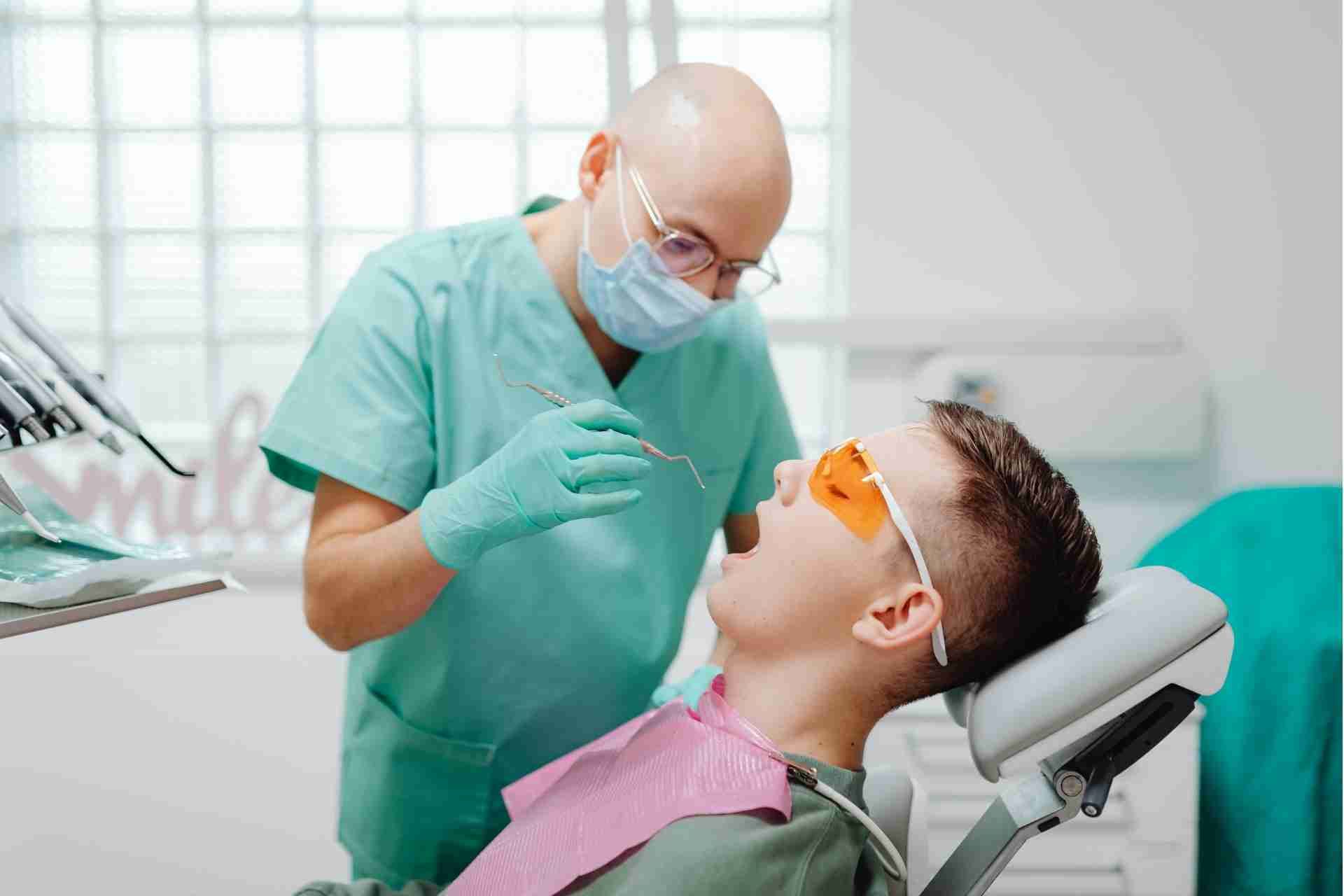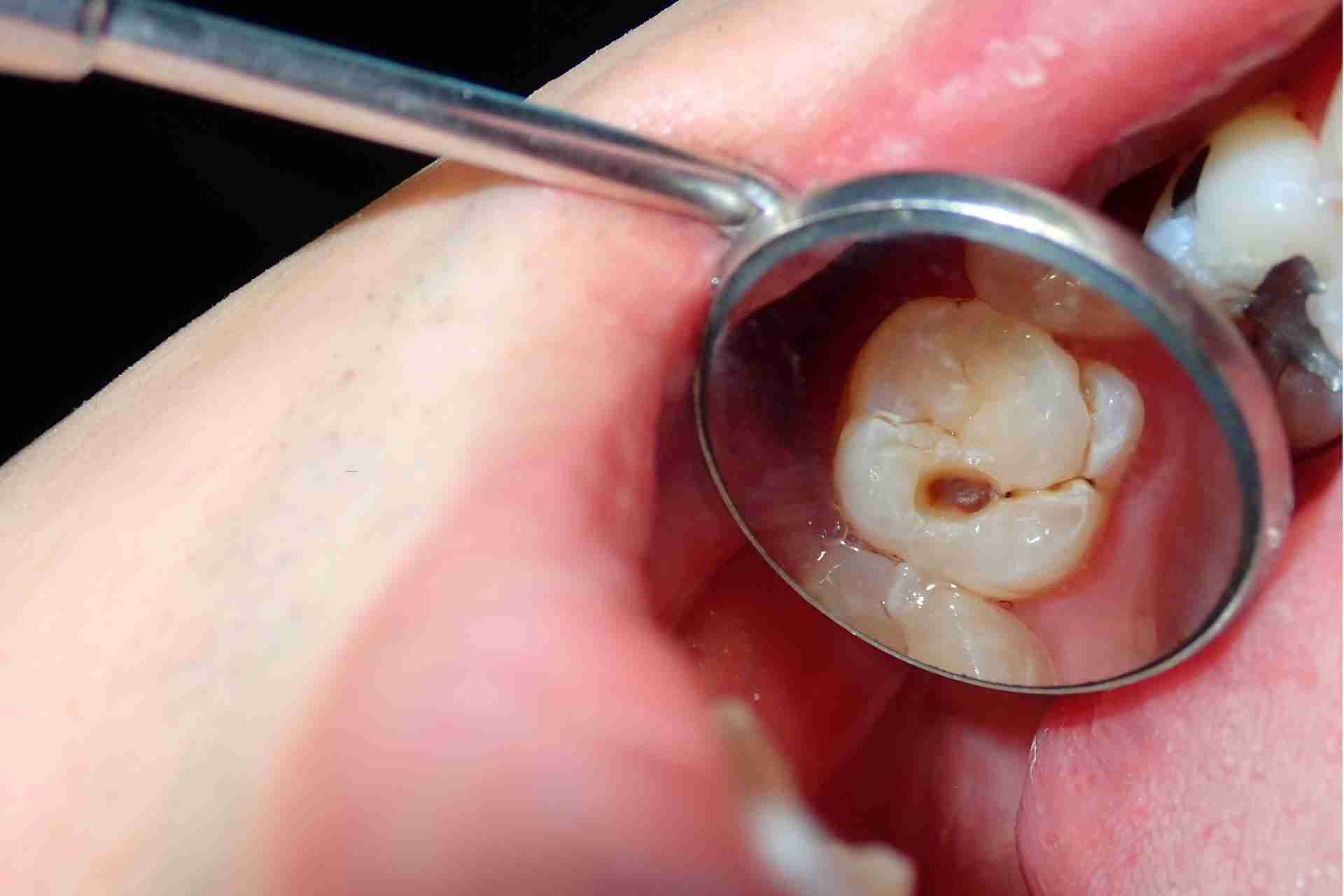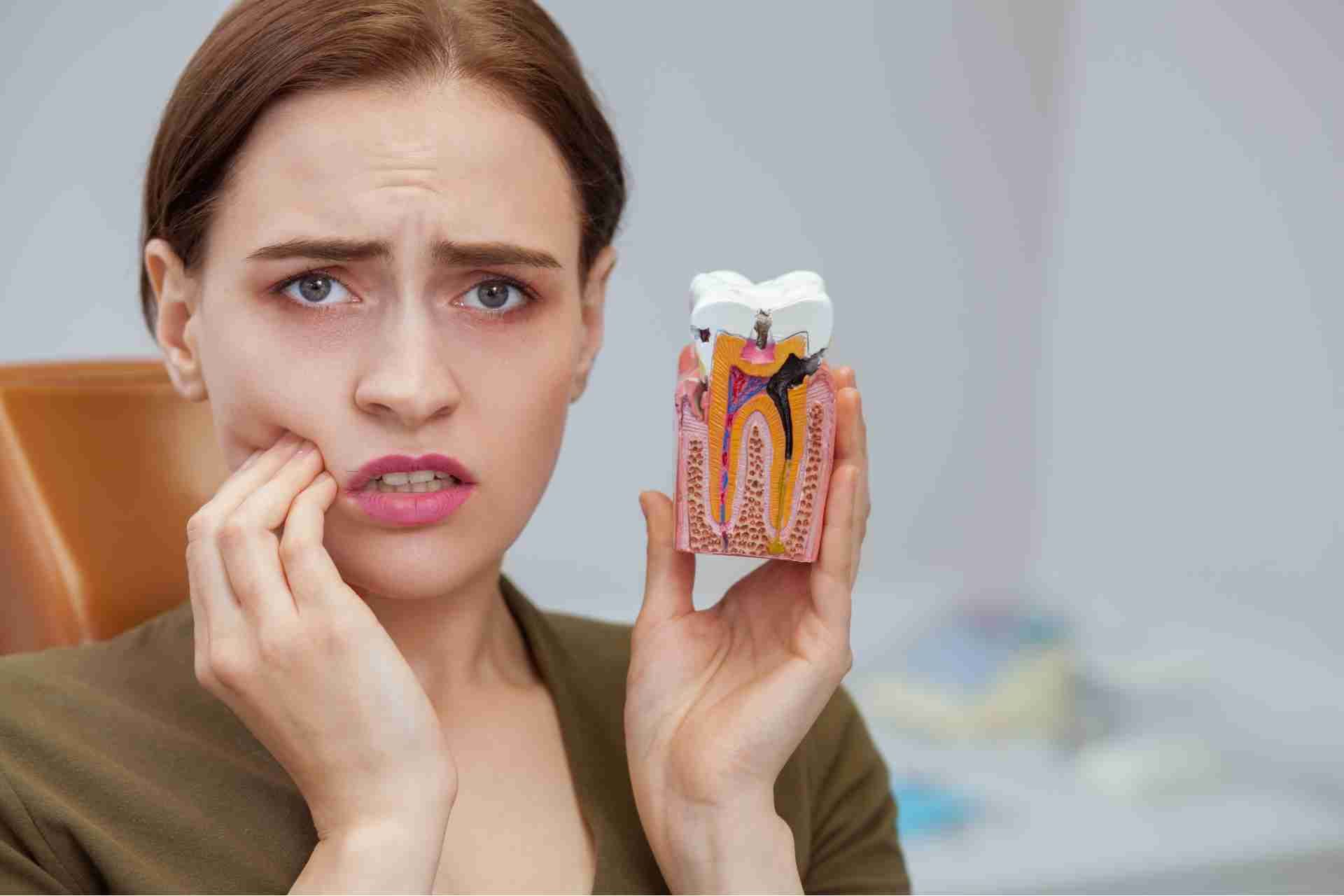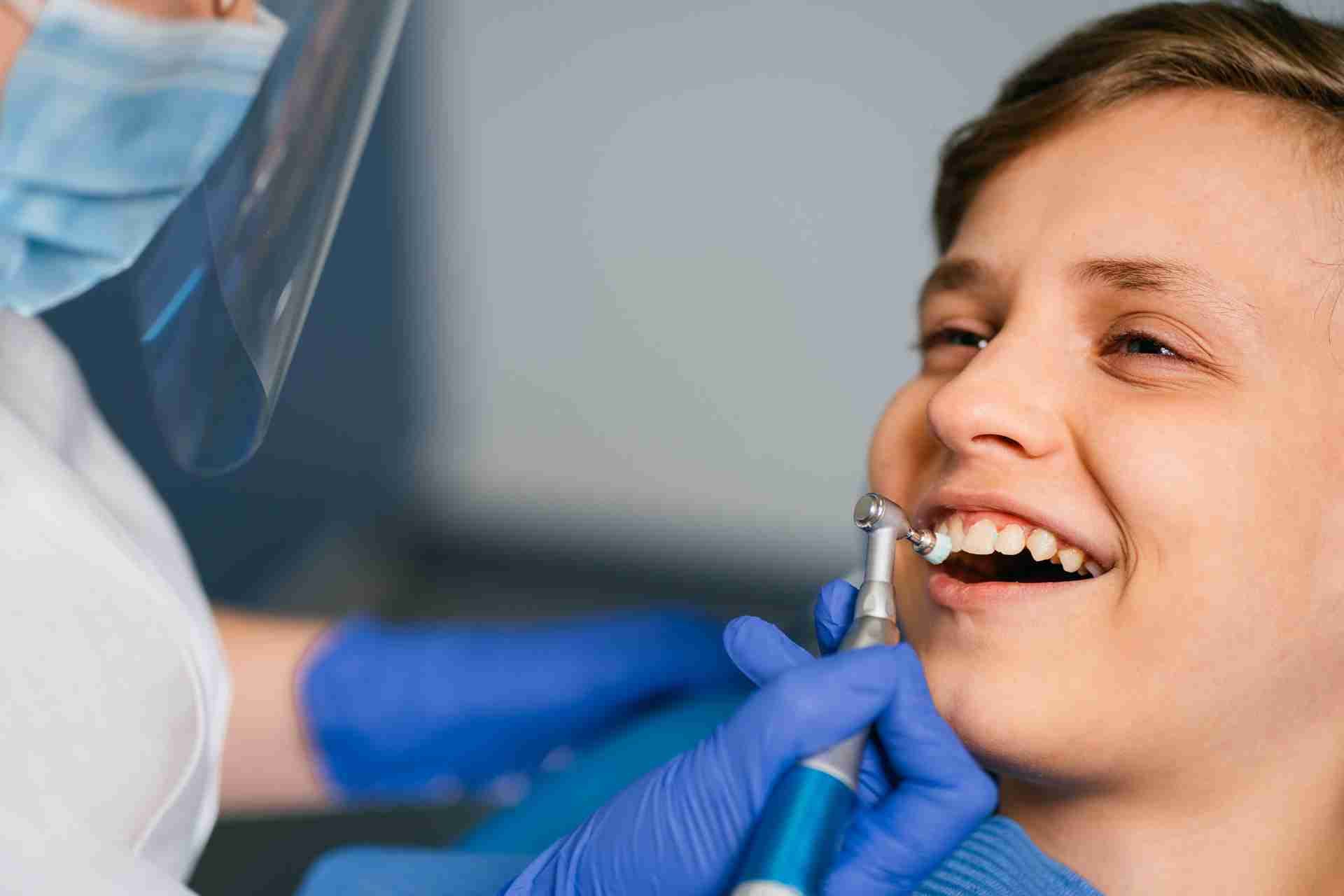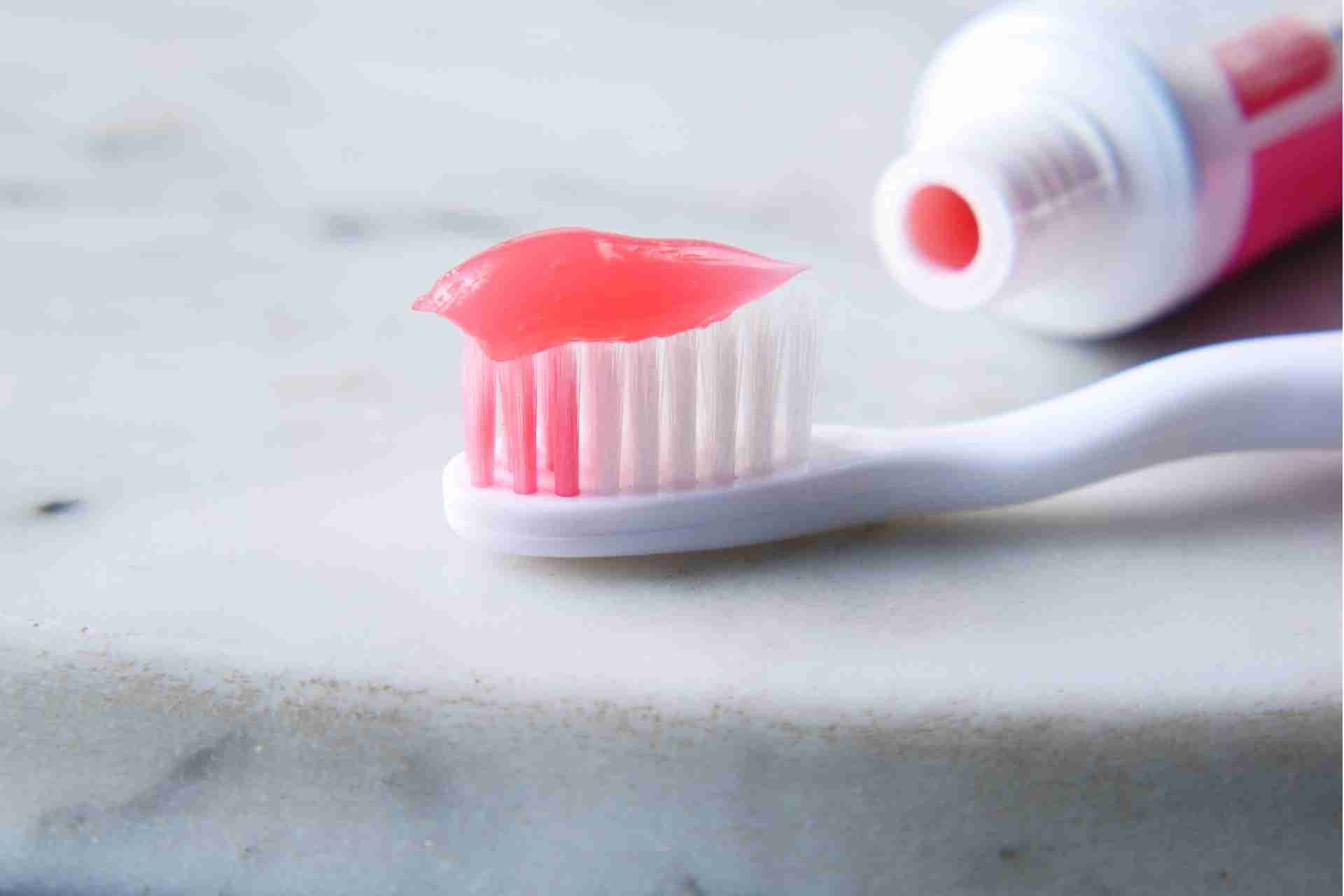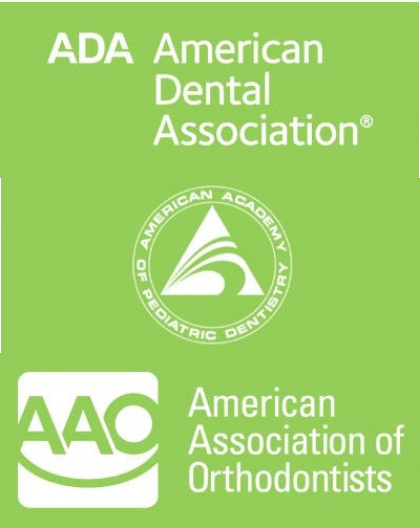Best Treatment for a Broken Tooth or Chipped Tooth

Have you ever experienced the sudden sharp pain of a broken or chipped tooth? It can be an incredibly uncomfortable and concerning situation, leaving you wondering what to do next. Prompt treatment is crucial not just for relieving pain but also for preventing further complications Fortunately, there are several effective treatment options available to restore your tooth and alleviate any discomfort you may be experiencing.
Risk Factors for a Broken or Chipped Tooth
Trauma or accidents
One of the primary causes of broken or chipped teeth is physical trauma or accidents. This could include anything from a sports injury to a fall or even biting down on a hard object unexpectedly. While accidents are difficult to predict and avoid, practicing caution during physical activities and chewing can help reduce the risk.
Poor dental hygiene
Neglecting your oral health can significantly increase the risk of tooth fractures. Tooth decay weakens the structure of the tooth, making it more susceptible to breaking or chipping. Regular brushing, flossing, and routine visits to the dentist can prevent such dental problems.
Grinding or clenching
If you suffer from bruxism (teeth grinding) or frequently clench your teeth—especially at night—you are at a higher risk of developing broken or chipped teeth. The excessive pressure exerted on your teeth weakens their structure over time. Using a mouthguard during sleep can be beneficial in minimizing the impact of grinding and clenching.
Age and dental health
As we age, our teeth naturally become weaker and more susceptible to fractures. Additionally, preexisting dental conditions, such as weakened enamel or previous dental work like fillings or crowns, can increase the likelihood of a tooth breaking or chipping. Seeking regular dental care and following your dentist's recommendations can help prevent further damage.
Chewing habits
Certain habits can put your teeth at risk. For example, biting on hard objects like ice, pens, or fingernails can lead to tooth fractures. Similarly, opening packages or bottles with your teeth can create unnecessary stress and potential damage. Changing these habits and being mindful of what you bite can protect your teeth from harm.
Dietary choices
A diet high in sugary foods and acidic drinks can deteriorate tooth enamel, leaving teeth more prone to breaking or chipping. Limiting the consumption of these items and maintaining a balanced diet (rich in calcium and other essential nutrients) can contribute to stronger and healthier teeth.
Best Treatment Options for a Broken or Chipped Tooth
1. Dental Bonding
Dental bonding is an ideal treatment for minor chips or fractures. In this procedure, your dentist will use a tooth-colored composite resin to reshape and rebuild the damaged tooth structure. The resin is carefully applied and shaped to match the natural contours of your tooth, providing a seamless and aesthetically pleasing result. Dental bonding is a relatively quick and painless procedure, producing immediate results.
2. Dental Veneers
Dental veneers are an excellent option for more significant chips or fractures. These thin shells, usually made from porcelain or composite resin, are custom-made to fit over the front surface of your damaged tooth. Veneers not only restore the appearance of your tooth but also provide strength and protection. The procedure typically involves removing a thin layer of enamel from the tooth's surface to accommodate the veneer. Dental veneers are a durable and long-lasting treatment option.
3. Dental Crowns
Dental crowns, also known as caps, are an effective treatment for severely broken or chipped teeth. A crown completely encases the damaged tooth, protecting it from further damage while restoring its function and appearance. Crowns are custom-made to match the shape, size, and color of your natural teeth, ensuring a seamless and natural result. The procedure involves reshaping the damaged tooth and placing a temporary crown until the permanent one is ready to be secured in place.
4. Root Canal Therapy
In some cases, a broken or chipped tooth may expose the underlying nerve, resulting in severe pain or sensitivity. If this occurs, your dentist may recommend root canal therapy. This procedure involves removing the damaged nerve tissue and cleaning the root canals before filling and sealing them. Although root canal therapy has a reputation for being uncomfortable, advancements in modern dentistry have made the procedure virtually painless. Following root canal therapy, a crown is usually placed to strengthen and protect the tooth.
5. Tooth Extraction and Replacement
In severe cases where a tooth is extensively damaged beyond repair, extraction may be the recommended treatment. However, it is always preferred to preserve your natural teeth whenever possible. If a tooth extraction is necessary, your dentist will discuss suitable replacement options, such as dental implants, bridges, or dentures, to restore your smile's function and appearance.
What to Do If You’ve Broke or Chipped a Tooth?
When faced with a broken or chipped tooth, it is essential to seek professional dental care promptly. Delaying treatment can lead to further damage, increased pain, or infection. A skilled dentist will thoroughly evaluate your situation and recommend the best treatment options based on the severity of your tooth damage and your individual needs.
Remember, prevention is always better than cure. To minimize the risk of dental injuries, always practice good oral hygiene, wear protective gear during sports activities, and avoid chewing on hard objects. Regular dental check-ups will also ensure any underlying dental issues are detected early and treated promptly.
With modern advancements in dentistry, a broken or chipped tooth can be easily restored, allowing you to regain your smile's functionality and confidence. Don't delay seeking professional treatment if you find yourself with a broken or chipped tooth – your dental health depends on it!
Pennington Orthodontics & Pediatric Dentistry is here to help.
